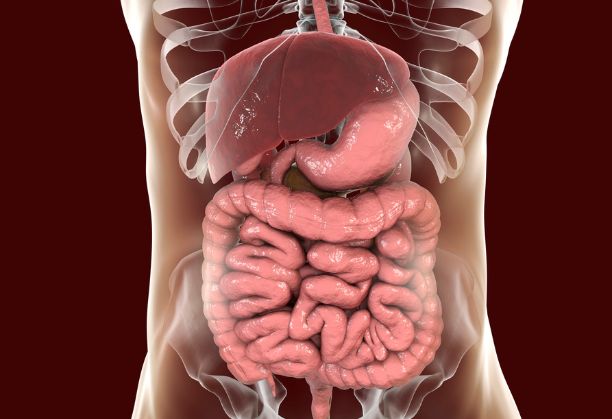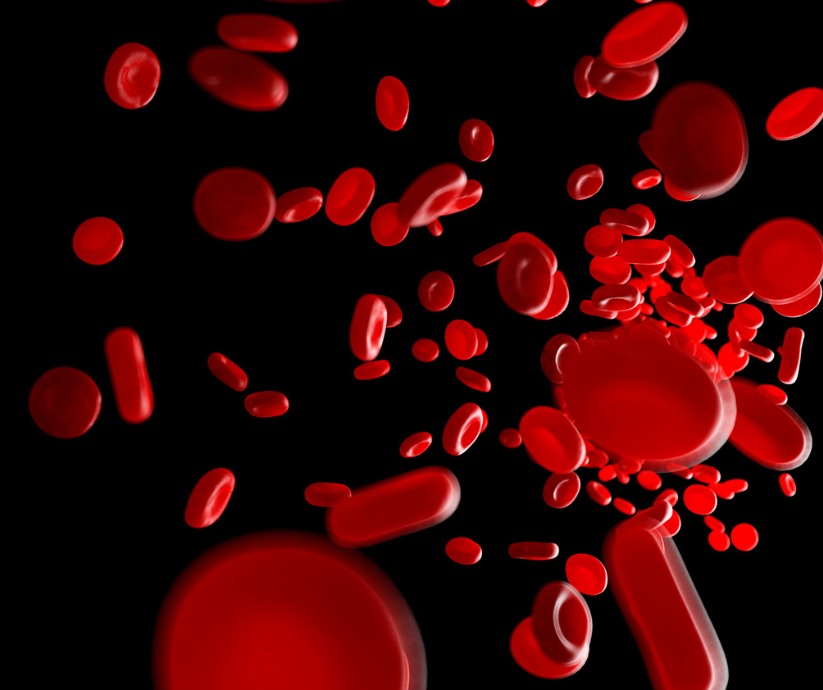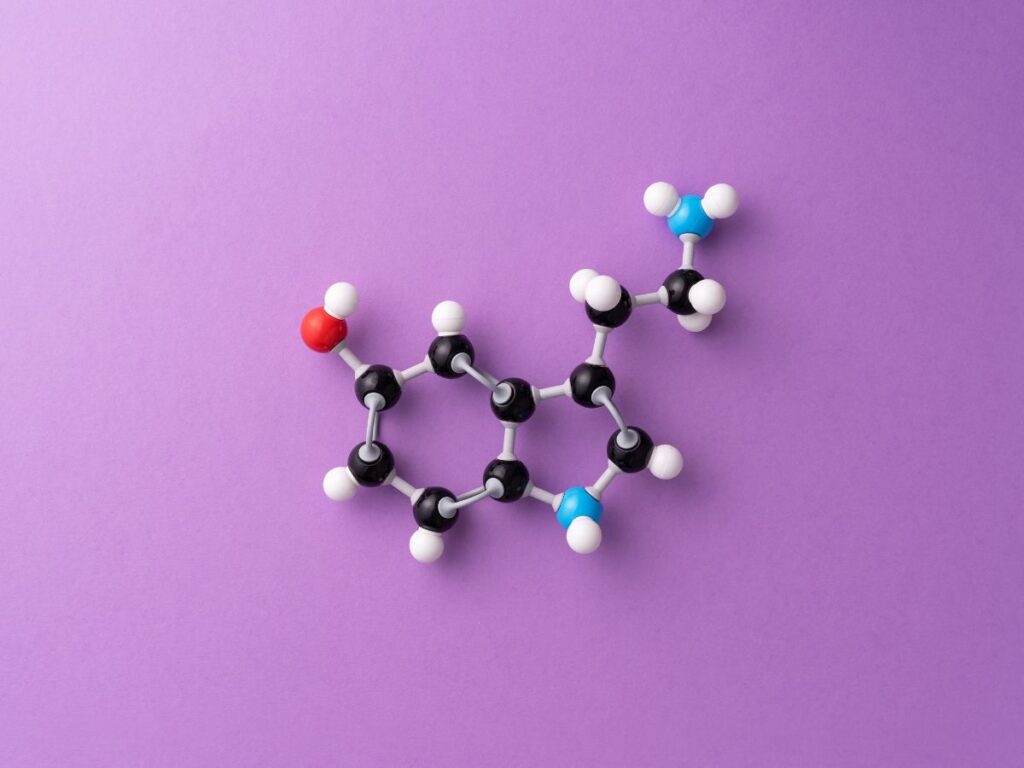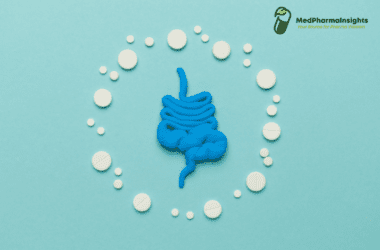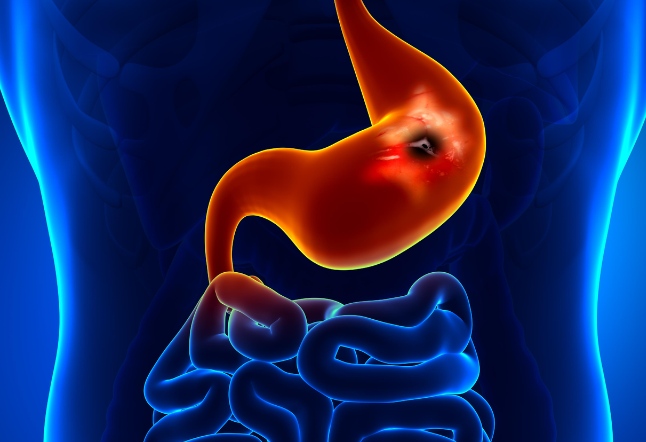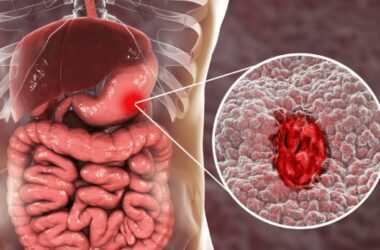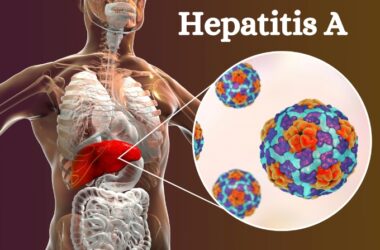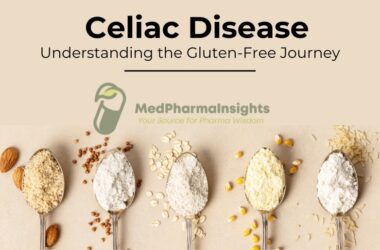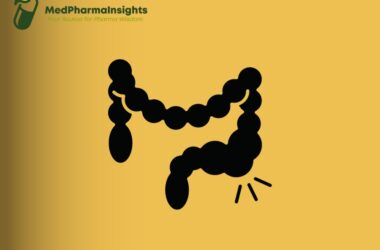NSAIDs, or Non-Steroidal Anti-Inflammatory Drugs, are a class of medications commonly used to relieve pain, reduce inflammation, and lower fever. They work by inhibiting enzymes called cyclooxygenases (COX) that are responsible for producing prostaglandins, which are chemicals involved in pain, inflammation, and fever. Patients taking NSAIDs have a four-fold increase in risk of ulcer complications compared with non-users.
HOW THEY CAUSE ULCER
By inhibiting the production of prostaglandins, NSAIDs help alleviate these symptoms.In addition of inhibiting other prostaglandin having pathological roles in body ,it also non selectively inhibit those having physiological role for example Nsaids also inhibit PgE2 , that is responsible mainly for Gastric protection by increasing mucus secretion , increasing blood flow toward stomach and increasing bicarbonate secretion. Acetylsalicylic acid is a weak acid NSAID that concentrates from the acidic stomach juice into mucosal cells. It can cause acute superficial erosions by inhibiting COX and by mediating leukocyte adhesion to mucosal endothelial cells.
WHO ARE AT RISK?
- Age greater than 65 years
- Previous peptic ulceration/bleeding
- High dose of NSAID or more than one NSAID (including aspirin)
- Short-term history of NSAID use (<1 month)
- Concomitant corticosteroid or anticoagulant use
- Cardiovascular disease
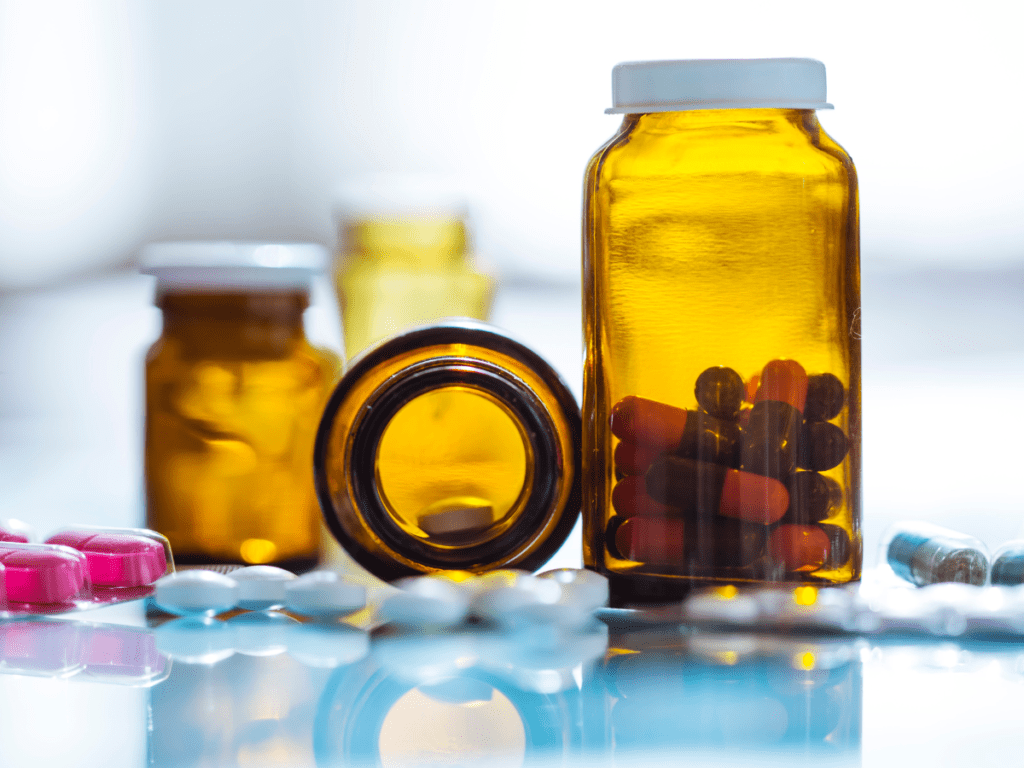

Management and prophylaxis
- Using NSAIDs with Food: Taking NSAIDs with food can help reduce their direct irritation on the stomach lining.
- Lowering NSAID Dosage: Using the lowest effective dose of NSAIDs for the shortest possible duration can help minimize their potential side effects.
- Switching to Selective COX-2 Inhibitors: These are a type of NSAID that primarily targets the COX-2 enzyme, which is involved in inflammation, while sparing the COX-1 enzyme, which is responsible for protecting the stomach lining.
| Drug | Licensed indication | Prophylaxis dose |
| Omeprazole | Prophylaxis of further DU or GU | 20mg every day |
| Esomeprazole | Prophylaxis of DU or GU | 20mg every day |
| Lansoprazole | Prophylaxis of DU or GU | 15–30mg every day |
| Pantoprazole | Prophylaxis of DU or GU | 20mg every day |
| Misoprostol | Prophylaxis of DU or GU | 200µcg 2–4 times a day |
| Ranitidine | Prophylaxis of DU 1 | 150mg twice a day |
| Ranitidine | Prophylaxis of DU 1 | 300mg twice day |
DU, duodenal ulcer; GU, gastric ulcer
It’s important to note that not everyone who takes NSAIDs will develop peptic ulcers, but there is a risk, especially in individuals with a history of ulcers, older age, or certain other medical conditions. If you are concerned about the potential side effects of NSAIDs, including the risk of peptic ulcers, it’s a good idea to discuss your concerns with a healthcare professional before starting or continuing to use these medications.


